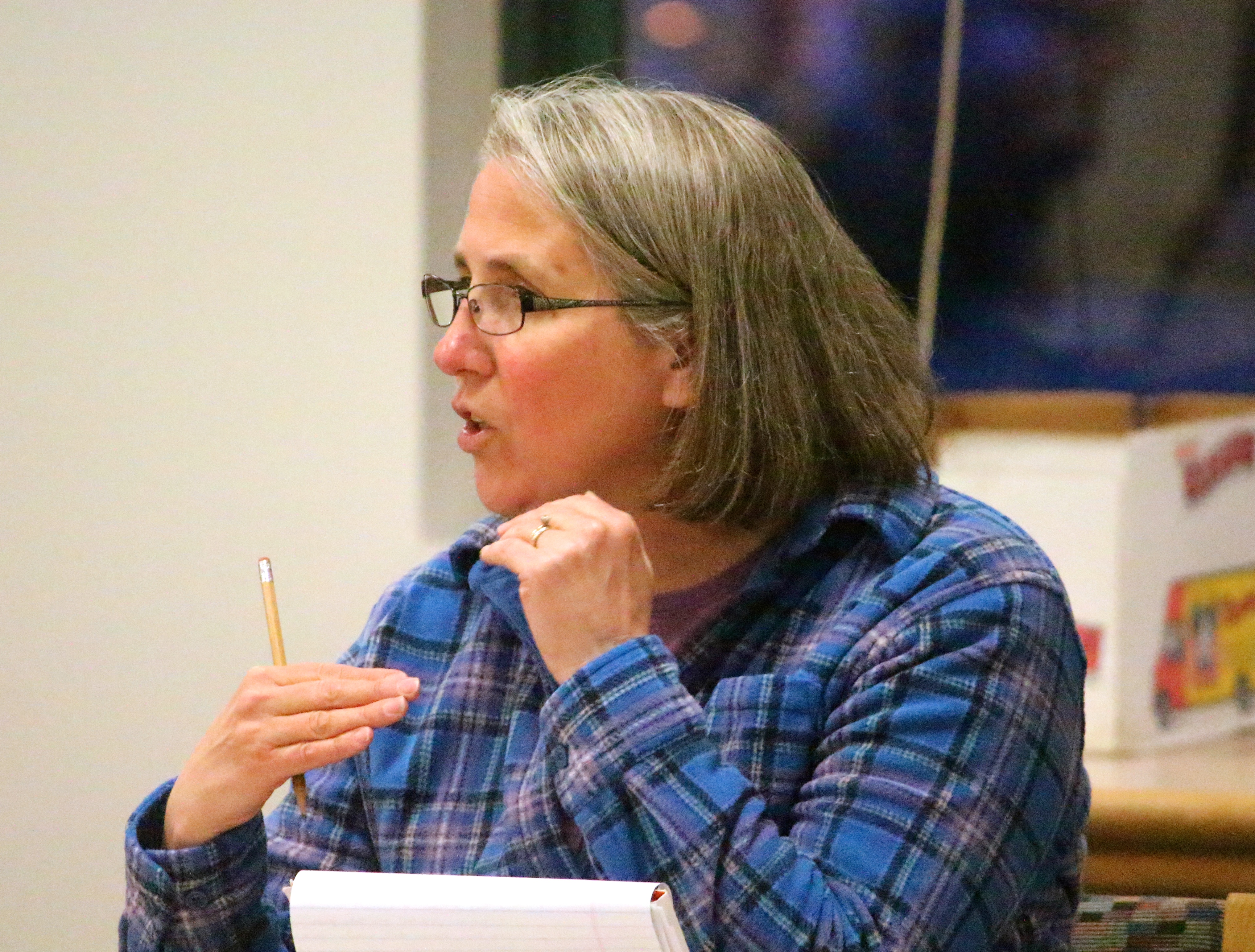The Belmont School Committee voted unanimously to approve the fiscal 2015 school district budget at last night’s, Tuesday, May 13, meeting, even if everyone in attendance – about 25 residents, educators and committee members in the small community room at the Chenery Middle School – admits that the financial blueprint for the 2014-15 school year is barely enough to keep the district from slipping off its high educational perch.
Despite being designated as a top-flight Level 1 District in Massachusetts – “a very rare destinction,” said Belmont Schools Superintendent Dr. Thomas Kingston – and recently rated as the third “best” High School in the state (and 151st in the US) behind two examination-entry schools by US News & World Report, the growing number of “unpredictables” facing the district in the near and long term will place ever increasing financial pressures on the committee, said Kingston in his review of the $46,156,000 fiscal ’15 budget, an increase of 4.1 percent, or $1,806,900, of the previous fiscal year.
The greatest uncertainty – and the largest cost driver in the budget – is the spike in pupil enrollment, noted Kingston, as the district has seen 143 new students enter the district during the 12 months ending May 1. The district is currently educates 4,301 children between kindergarten and 12th grade. Next year, an additional 115 students are expected to “move into” the system.
And the latest predictions show that Belmont could see between 360 to 600 new pupils entering the system in the next five years.
According to Kingston, a large portion of the $1.8 million increase – which he deemed a “substantial” amount – is being used to keep 18 full-time positions added to the district last year to accommodate the rocketing enrollment numbers.
The immediate result is overcrowding classrooms as the available budget can not contend with rush of new students. Next fiscal year, each classroom can expect an additional student, many now passing the district’s own limits of students per classroom.
Add to that what Kingston calls the town’s “income issue” of relatively flat residential tax revenues and a limited ability to create new commercial property, “there isn’t more money out there” to do what the district should be in meeting its stated goal of supporting “continuous improvement and overall programmatic and fiscal stability by engaging administrators, teachers, students, and community stakeholders in generally accepted practices of long-term strategic planning.”
While, as several committee members noted that the budget will not result in staff reductions as in years past, next year’s fiscal blueprint doesn’t reflect the ever increasing needs facing the district.
According to a group of educators including principals and curriculum leaders as well as staff, the system should have an additional dozen full-time educators with the priorities being in English Language Learners and at the Chenery Middle School. But that will only occur if additional funds are available soon, said Kingston.
Operational override suggested
“This is one of the biggest arguments for an operational override,” said Kingston, noting that it will be up to the Belmont Board of Selectmen to ask for a Proposition 2 1/2 override vote to be placed on the ballot.
It is expected that the town’s newly-formed Financial Task Force will likely make a recommendation on whether Belmont should request an override (possibly in April 2015) at the Special Town Meeting expected to convene this fall.
Kingston’s report – accompanied by a set of presentation slides – was little different then his initial budgetary talk in February. The approved budget will go before the Warrant Committee, the financial watchdog for the Town Meeting, which will make a recommendation either to accept or reject the budget assumptions.
And the demands of the district do not end at the classroom door. Many of the residents who attended the meeting sought assurances that the school department and committee did not forgo the need for adequately-funding extra curricular activities and athletics moving forward.
Ann Reynolds of Fairview Avenue said the issue of creating a better community was an important issue during Town Meeting discussions held the night before.
“Sports … offers the structures these kids need; guidance … coaches and role models, mentors and peers … [all] that are very positive,” said Reynolds.
“We really want this to happen,” she noted. “Winning team, happy town, happy High School. If we are number three in the state but our sports teams stink, then there is something wrong. We all need to work together to win this … for our kids,” she said.
School Committee Chair Laurie Slap said in the near future, the district and the committee are willing to work in a private/public model – which will allow for a football program for eighth graders at the Chenery Middle School in the fall – to allow for outside sources to fund the additional sports teams and activities.
Farnham Street’s Ann Rittenburg, who is a former school committee member and chair, expressed “great frustration” with the committee’s inaction to move forward with past initiatives that would garner alternative funding sources for a budget “that clearly falls short of meeting student’s needs.”
“I was hoping to hear more about concrete actions that were taken in order to address those critical issues we know we need to address … and it’s incredibly frustrating to see you form subcommittees to study issues and make recommendations that you then shelve in favor of forming more subcommittees … . How many more years do we have to go before we actually take action?” she asked.








Leave a Review or Comment